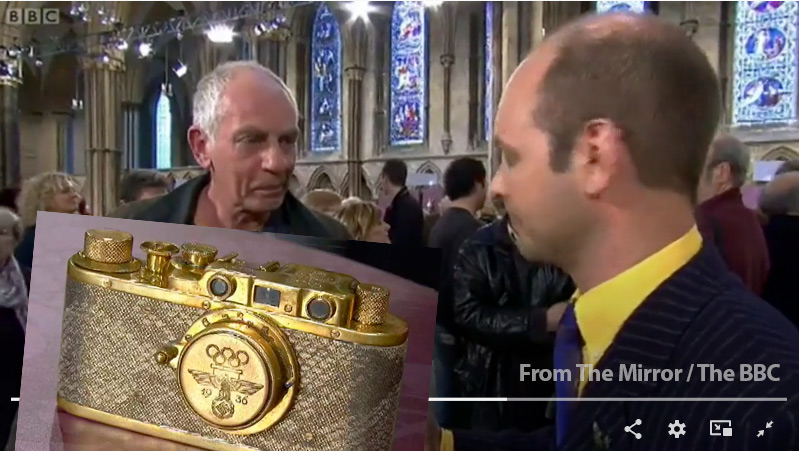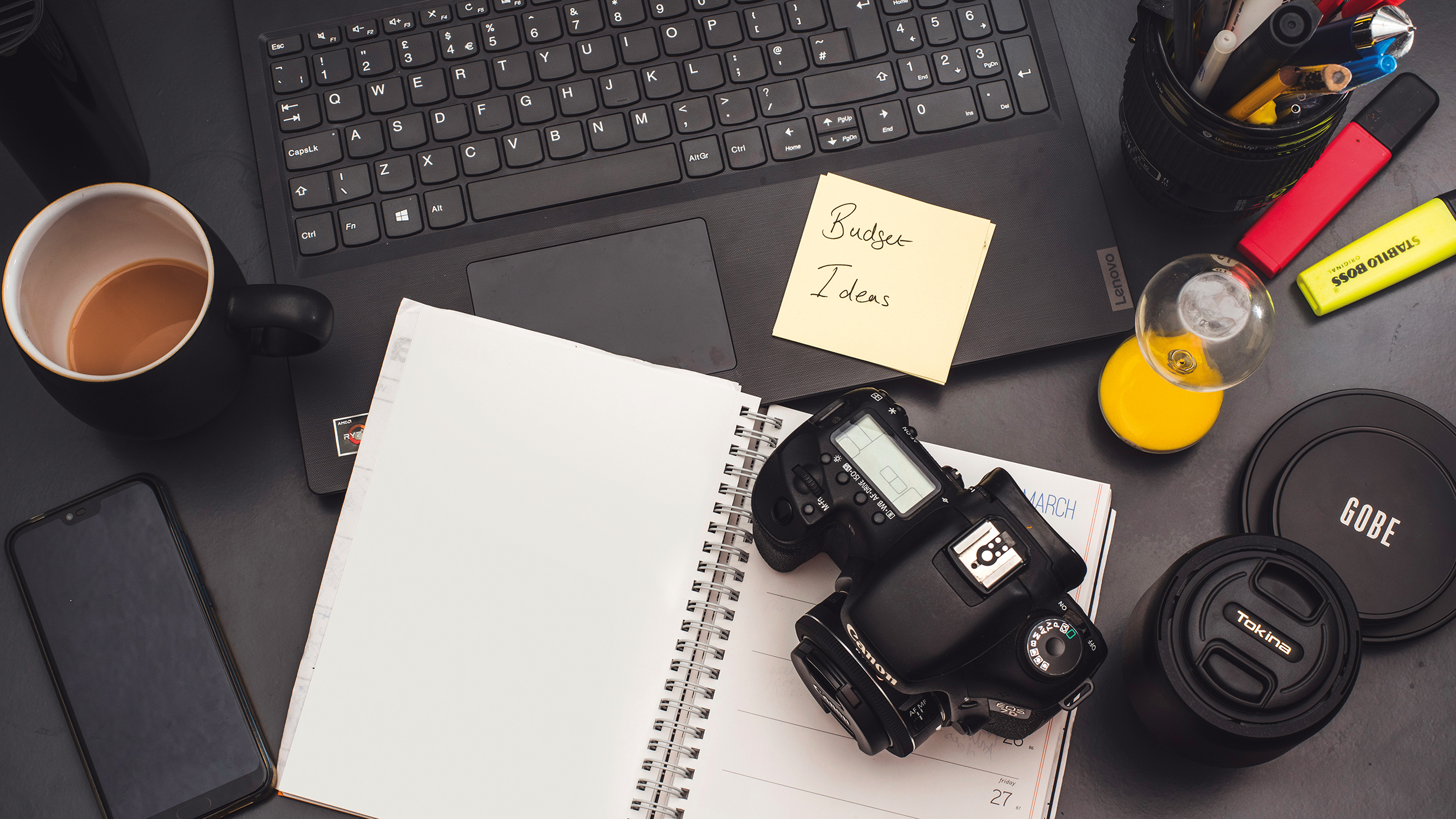"Very Rare" Gold Nazi Leica turns out to be fake in Antiques Roadshow
BBC antiques expert disappoints the man who thought he'd bought a Leica rangefinder camera worth thousands

Stumbling across a rare camera worth tens of thousands is every photographer's dream - and a bloke on the BBC's long-running Antiques Roadshow TV series thought he'd done just that when he ponied up £480 ($600) for what looked like a Leica, a very valuable camera used by the Nazis. However, an expert on the show – a television program where members of the public bring in what they hope are treasures to be assessed and valued – had to break it to the poor guy that it was in fact a fake.
In a video shared by The Mirror expert Marc Allum got the guy's hopes up to start with though: "Do you know, I remember many, many years ago I had the pleasure of discovering a Leica Luxus camera on the Roadshow," he told him at the filming, which took place in Lincoln Cathedral. “I cannot describe how I felt about it at the time, it was very rare. The first sight of this camera made my heart really, really flutter because this is, of course, a very beautiful Leica camera.”
The unfortunate man excitedly told Allum how he'd discovered the camera, explaining that he 'knew it was very rare' when he spotted it at a nearby antiques centre: “I’d never seen one before. Having the Olympic rings on, I knew it was from the 1936 Berlin Olympics,” he enthused.
.
Excitingly, the lens cap was also emblazoned with the Olympic rings, the eagle, the Swastika and the year 1936.
But Allum had a disappointing verdict: “Quite often, which is unfortunately the case, is that things that look really good sometimes turn out to be a bit too good to be true,” he told the crestfallen chap, going on to say that in countries such as the Czech Republic, he would regularly see ‘some very rare Leicas’. “And what I discovered was, these were being faked. Now what we have here is, what I feel is, a fake. Let me explain why it has some problems.”
He continued: “Firstly, there is a number on the top which is a five-digit serial number. Now, generally, Leicas have six-digit serial numbers, and in fact, the number corresponds with a Leica 3A. So essentially, we’ve got something that’s been changed and embellished on a much older SaShi and had these elements added to it to turn it into this camera.”
We guess the bloke did'Nazi that coming! However, at least he didn't fork out as much as Rupert Murdoch did for the infamous Hitler Diaries.
The best camera deals, reviews, product advice, and unmissable photography news, direct to your inbox!

Ariane Sherine is a photographer, journalist, and singer-songwriter (under the artist name Ariane X). She has written for the Guardian, Sunday Times, and Esquire, among others.
She is also a comedy writer with credits for the BBC and others, as well as the brilliant (if dark) novel Shitcom.
Check Ariane Sherine Photography.
